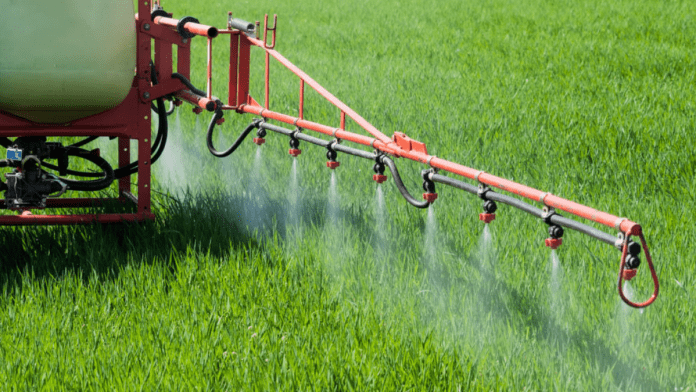News in brief:
-Â The EU has extended approval for glyphosate, a controversial weedkiller, for another 10 years despite concerns about its impact on health and biodiversity.
– The decision was due to member states’ failure to reach a consensus, and it comes with restrictions such as a ban on pre-harvest use and measures to protect non-target organisms.
The European Union (EU) has decided to extend the approval of the controversial weedkiller glyphosate for another 10 years. This decision comes despite concerns over its potential impact on human health and biodiversity.
The EU’s executive arm, the European Commission, reached the conclusion because member states had failed to reach a consensus on the issue, not reaching the majority needed for an official verdict.
Glyphosate, the active ingredient in Bayer’s Roundup weedkiller, is one of the most widely used herbicides in the world. However, its use has been the subject of heated debate due to concerns about its potential carcinogenic properties and its impact on non-target organisms.
In 2015, the World Health Organization’s International Agency for Research on Cancer (IARC) classified glyphosate as ‘probably’ carcinogenic to humans.
This classification has been challenged by other agencies, including the US Environmental Protection Agency (EPA) and the European Chemicals Agency (ECHA), which concluded that glyphosate is unlikely to pose a cancer risk to humans.
Despite the disagreements over its safety, the Commission has decided to renew glyphosate’s approval with some restrictions and conditions. These conditions include a ban on its use as a pre-harvest desiccant and the implementation of measures to protect non-target organisms.
However, the Commission’s decision has been met with criticism from environmental groups and consumer advocates. The groups argue that the EU should have taken a more precautionary approach and banned glyphosate altogether. They point to the EFSA’s identification of data gaps in several areas, including potential risks to consumers and aquatic plants.
On the other hand, Bayer, the manufacturer of Roundup, has welcomed the Commission’s decision. The company stated that it affirms the safety of glyphosate, while providing assurance for farmers and the agricultural industry.



